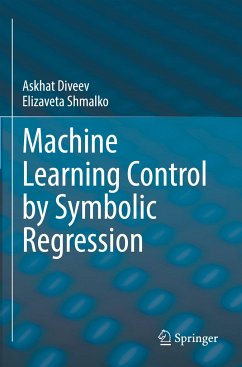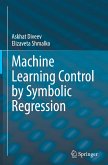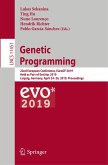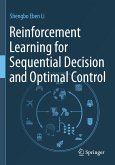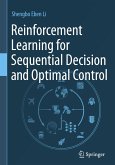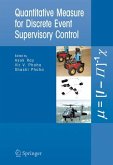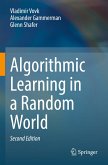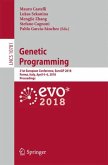This book provides comprehensive coverage on a new direction in computational mathematics research: automatic search for formulas. Formulas must be sought in all areas of science and life: these are the laws of the universe, the macro and micro world, fundamental physics, engineering, weather and natural disasters forecasting; the search for new laws in economics, politics, sociology. Accumulating many years of experience in the development and application of numerical methods of symbolic regression to solving control problems, the authors offer new possibilities not only in the field of control automation, but also in the design of completely different optimal structures in many fields.
For specialists in the field of control, Machine Learning Control by Symbolic Regression opens up a new promising direction of research and acquaints scientists with the methods of automatic construction of control systems.For specialists in the fieldof machine learning, the book opens up a new, much broader direction than neural networks: methods of symbolic regression. This book makes it easy to master this new area in machine learning and apply this approach everywhere neural networks are used. For mathematicians, the book opens up a new approach to the construction of numerical methods for obtaining analytical solutions to unsolvable problems; for example, numerical analytical solutions of algebraic equations, differential equations, non-trivial integrals, etc. For specialists in the field of artificial intelligence, the book offers a machine way to solve problems, framed in the form of analytical relationships.
For specialists in the field of control, Machine Learning Control by Symbolic Regression opens up a new promising direction of research and acquaints scientists with the methods of automatic construction of control systems.For specialists in the fieldof machine learning, the book opens up a new, much broader direction than neural networks: methods of symbolic regression. This book makes it easy to master this new area in machine learning and apply this approach everywhere neural networks are used. For mathematicians, the book opens up a new approach to the construction of numerical methods for obtaining analytical solutions to unsolvable problems; for example, numerical analytical solutions of algebraic equations, differential equations, non-trivial integrals, etc. For specialists in the field of artificial intelligence, the book offers a machine way to solve problems, framed in the form of analytical relationships.

